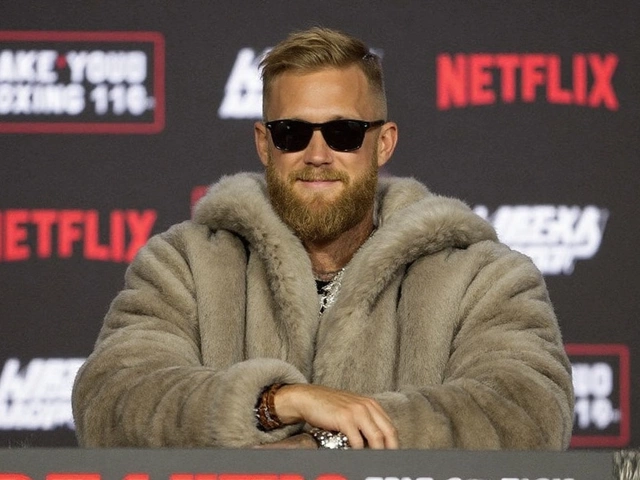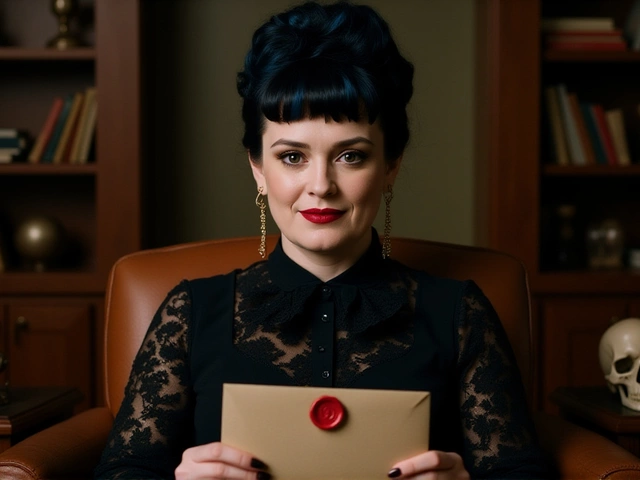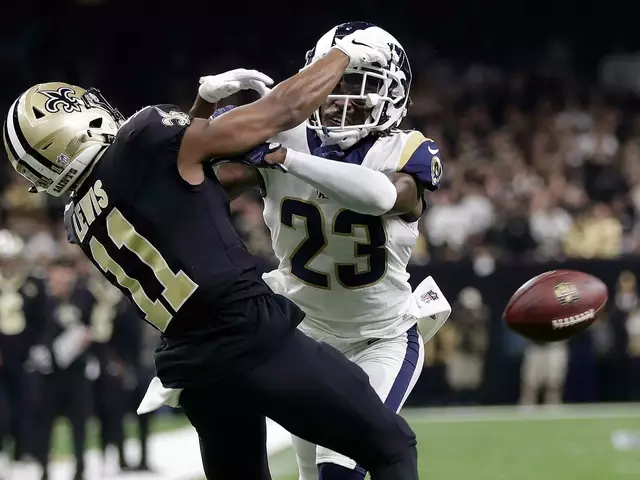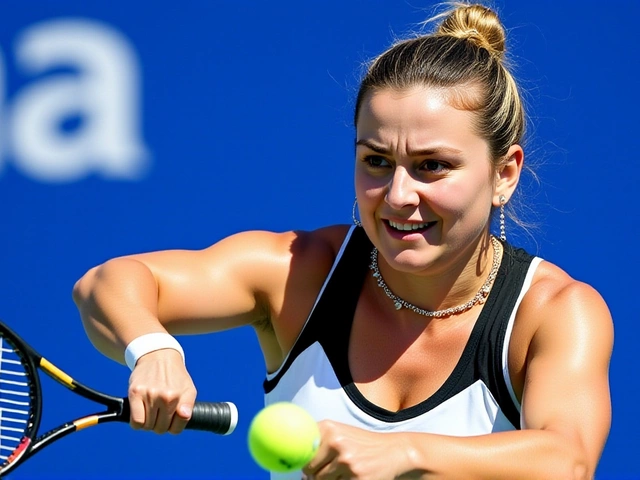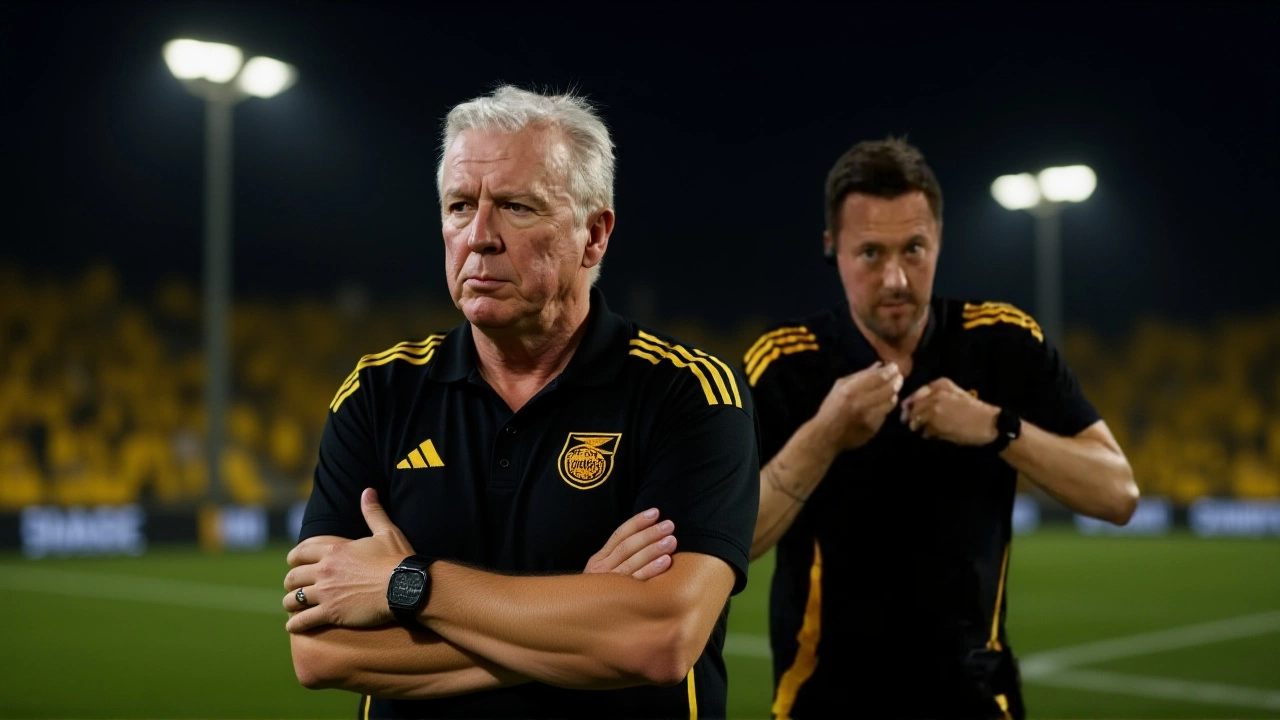 20
Nov,2025
20
Nov,2025
The roar of 35,000 fans at the National Stadium in Kingston fell silent at 10:07 PM UTC on November 19, 2025 — not from disappointment, but from the weight of history. Steve McClaren, the 64-year-old English manager who’d taken the reins of the Jamaica national football team just 18 months earlier, walked off the pitch not to embrace his players, but to hand in his resignation. The 0-0 draw against Curaçao hadn’t just ended Jamaica’s hopes of reaching the 2026 FIFA World CupUnited States, Canada, and Mexico. It had made Curaçao — a Caribbean island with fewer people than many U.S. high schools — the smallest nation ever to qualify directly for a men’s World Cup. And McClaren, who’d been paid £750,000 a year to fix what others couldn’t, knew his time was up.
The Weight of Expectation
McClaren’s appointment on May 15, 2024, was met with cautious optimism. After years of managerial turnover — Theodore Whitmore in 2021, Heimir Hallgrímsson in 2023 — the Jamaica Football Federation had finally landed a name with pedigree: former England manager, ex-Derby County boss, and a man who’d seen the pressures of international football up close. His contract included a £250,000 exit clause — but only if Jamaica qualified. No qualification? No payout. Just silence. The Reggae Boys, as Jamaica’s team is known, had been here before. Four World Cups. Four failures since 1998. The pressure wasn’t just about winning; it was about breaking a cycle. McClaren knew it. His players knew it. And when the final whistle blew in Kingston, the scoreboard didn’t just read 0-0 — it read 20 years of missed opportunity.A Resignation That Spoke Louder Than Words
Within 30 minutes of the match ending, McClaren stood before cameras in the tunnel beneath the stands, his voice steady but tired. “I carried the weight and the pride of this job with the deepest respect,” he said. “But football is a results business. And tonight, we’ve fallen short.” He didn’t blame the players. Didn’t cite injuries. Didn’t point to refereeing. He took it all. That’s rare. In football, managers often cling to excuses — bad luck, tough draws, bad refereeing. McClaren didn’t. He knew the federation had set a clear benchmark: qualify, or go. And he’d failed. His final record? 14 wins, 5 draws, 7 losses in 26 matches. Not bad on paper. But in CONCACAF, where the margin between glory and oblivion is a single goal, 14 wins weren’t enough. His best achievement — third place in the 2024 CONCACAF Nations League — felt like a consolation prize in the shadow of World Cup dreams.Curaçao’s Miracle
While Jamaica mourned, Curaçao celebrated. Population: 160,760. That’s less than the attendance at a single Premier League match in Manchester. Yet here they were — headed to the World Cup for only the second time in history, and the first as Curaçao. Previously, they’d qualified in 1954 as the Netherlands Antilles. This time, they didn’t need a win. Just a draw. And they got it. The irony was thick. While Jamaica, with its global reggae culture and a roster featuring Premier League stars like Andre Blake and Alvas Powell, choked under pressure, Curaçao — a team with players from the Dutch second division, a youth academy that barely gets funding, and a federation that operates out of a modest office in Willemstad — held firm. Their captain, Kevin Kantee, didn’t score. But he didn’t need to. He just needed to be there. And he was.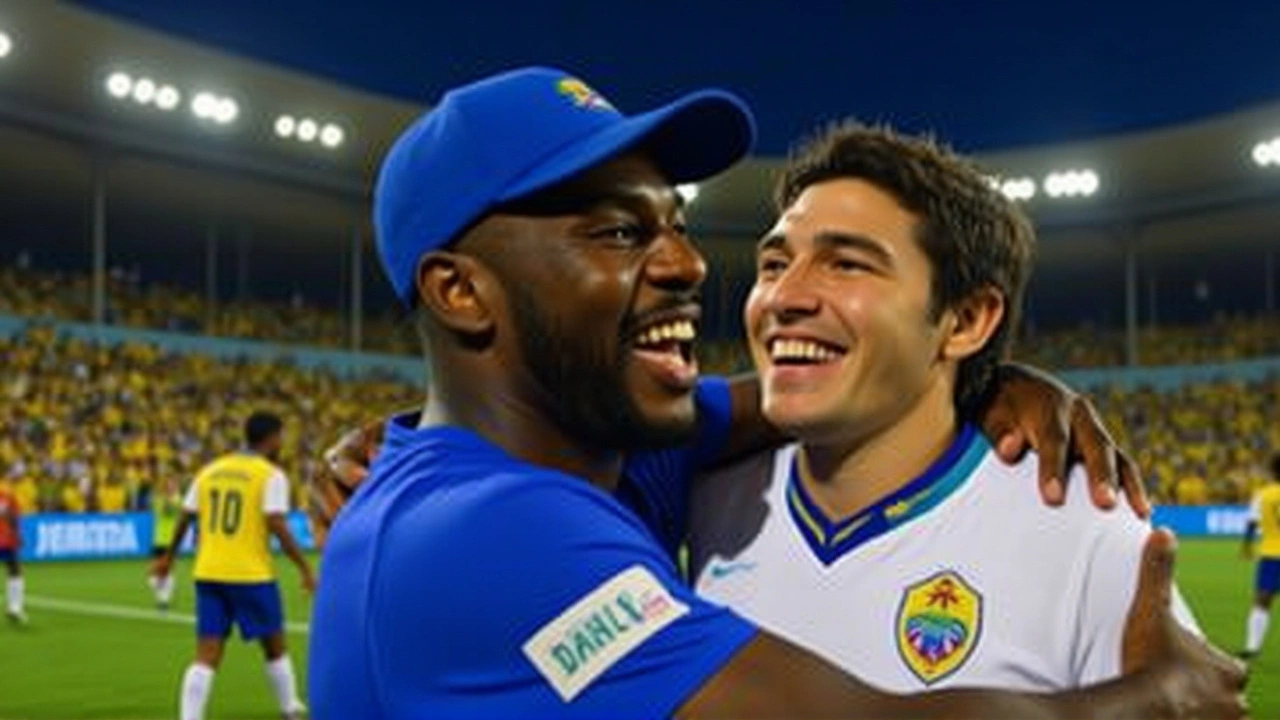
Who’s Next?
By 1:00 AM UTC on November 20, the Jamaica Football Federation had already moved. Dr. Warren Barrett, the 62-year-old former Jamaica defender and current Technical Director, was named interim coach. He’ll manage the team for the next 72 hours while the federation begins a global search. The requirements? Strict. Candidates must hold a UEFA Pro License and have at least five years of senior international management experience. No young coaches. No local heroes. Only proven names. The deadline? December 15, 2025. That’s less than four weeks to find someone who can rebuild a team that’s been stuck in the same cycle for decades. The federation is reportedly targeting coaches from South America and Europe with experience in underdog nations. Names like Ernesto Farías (Paraguay) and Steve Clarke (Scotland) are already being whispered.Why This Matters Beyond Jamaica
This isn’t just about Jamaica. It’s about what happens when football’s power structures collide with reality. McClaren’s resignation is a reminder: money doesn’t guarantee success. Experience doesn’t always translate. And sometimes, the most unlikely teams win because they play with nothing to lose. Jamaica’s failure also highlights the growing imbalance in CONCACAF. The U.S., Mexico, and Canada dominate. But now, nations like Curaçao, Guyana, and Suriname are proving they can compete. The gap isn’t as wide as it seems. What’s missing in Jamaica isn’t talent — it’s structure. And leadership. McClaren’s departure isn’t the end. It’s a turning point. The question now is whether the federation has the courage to rebuild differently — not just hire a bigger name, but rethink how the team is built, trained, and supported.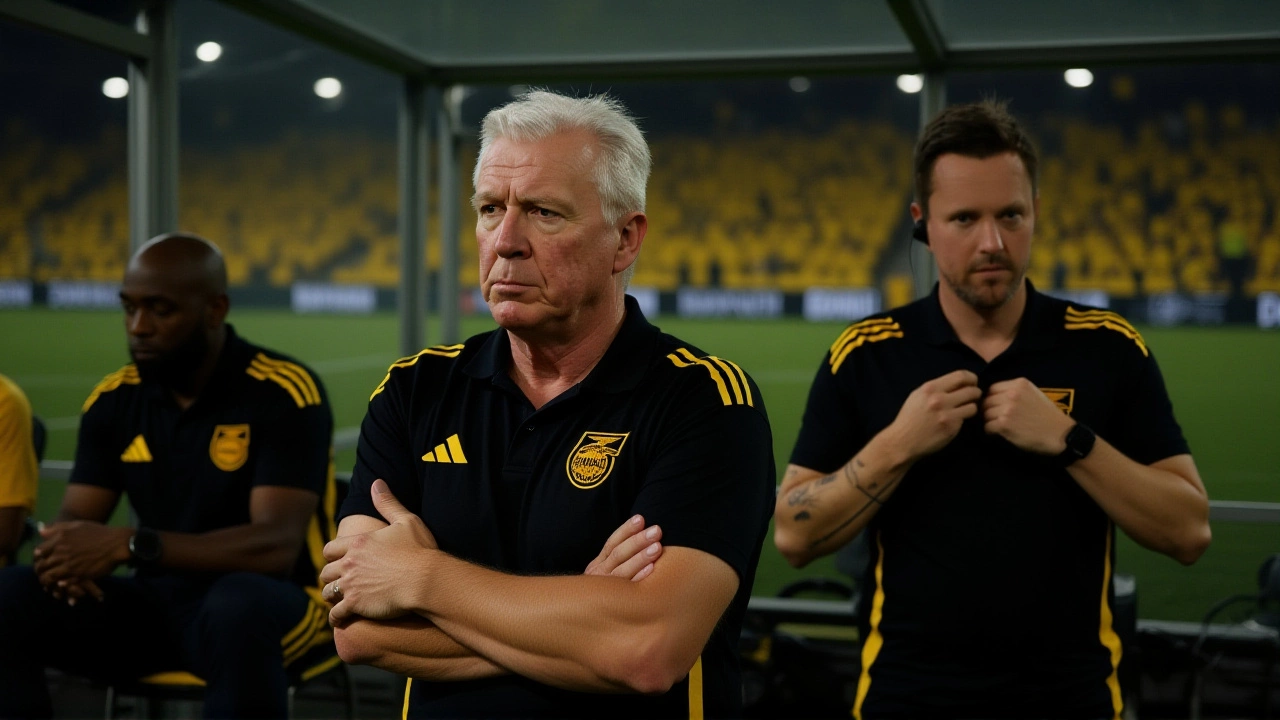
What’s Next for the Reggae Boys?
Jamaica’s next match? A friendly in March 2026, against an unnamed opponent. But the real test comes in June, when the CONCACAF Nations League begins again. The Reggae Boys will be playing for pride — and for a chance to rebuild their reputation. For now, the island waits. Not with anger, but with quiet hope. Because after 27 years without a World Cup, they know: it’s not about who’s in charge. It’s about who’s willing to stay.Frequently Asked Questions
Why didn’t Steve McClaren get paid his £250,000 severance?
McClaren’s contract included a £250,000 termination clause — but only if Jamaica qualified for the World Cup. Since they failed to advance after the 0-0 draw with Curaçao, the clause was void. The Jamaica Football Federation confirmed no payout would be made, making his resignation a financial as well as a professional loss.
How did Curaçao qualify with just a draw?
Curaçao entered the final match with a +3 goal difference, while Jamaica had +1. A draw meant Curaçao would finish second in Group B with 13 points, edging out Jamaica on goal difference. Even a loss would have eliminated them — but their disciplined defense held firm, making them the smallest nation ever to qualify directly for a men’s World Cup.
Has Jamaica ever come close to qualifying since 1998?
Yes — in 2009 and 2017, Jamaica reached the final round of CONCACAF qualifying but fell short in playoffs. In 2022, they finished fourth in their group. Their 2026 campaign was their best since 1998, with seven wins in 10 qualifiers — but the final draw against Curaçao, where they controlled possession yet couldn’t score, exposed a deeper issue: finishing under pressure.
What’s the significance of requiring a UEFA Pro License for the next coach?
The requirement signals a shift toward European-style football infrastructure. Jamaica’s previous coaches were often local legends or South American tacticians. Now, the federation wants structured systems — youth development, data analytics, tactical discipline — all hallmarks of UEFA-certified programs. It’s a gamble: will European methods work in a Caribbean context?
Who are the top candidates to replace McClaren?
Names like Steve Clarke (Scotland), Ernesto Farías (Paraguay), and even former USA assistant coach Jesse Marsch are being discussed. All have proven experience managing international teams under pressure. The federation is also reportedly considering former Jamaica captain Desmond Wright, but he lacks the required five years of senior international experience — a rule that may be waived if the right candidate emerges.
What does this mean for Jamaican football fans?
It’s a moment of grief — but also of clarity. For decades, fans blamed bad luck or bad refereeing. Now, they see the truth: the system needs overhaul. The next coach won’t just manage players — they’ll need to rebuild trust, invest in grassroots programs, and create a culture where winning isn’t an exception, but an expectation.
